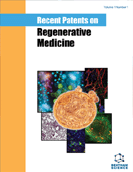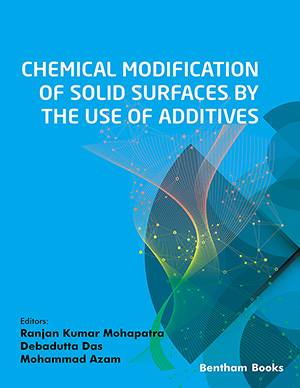Abstract
Chronic liver diseases constitute one of the main causes of death in western countries. Orthotopic liver transplantation still remains the final therapeutic approach to these diseases, but alternative therapeutic strategies are actively researched. Hepatocyte transplantation is considered a promising approach, even if this technique presents many limitations. These factors boosted the research for alternative cell sources to derive functional hepatocytes. In the last years, research on basic biology and differentiative ability of adult, embryonic and perinatal stem cells has constantly increased. The term “perinatal” indicates stem cell populations derived from foetal sources such as placental chorionic villi, chorion, amnion, amniotic fluid and umbilical cord. These cellular populations may differentiate towards several mature cell types, derived from all three germ layers. Multiple reports suggested that such cells can be differentiated towards hepatoblasts and hepatocyte-like cells, heralding their possible use for the treatment of inflammation, trauma and degeneration in liver disorders. In this review, we analyze the patents which were developed concerning hepatic differentiation ability of perinatal stem cells and their possible role in regenerative medicine.
Keywords: Amnion, amniotic fluid, cellular therapy, hepatocyte differentiation patents, immune modulation, liver diseases, liver regeneration, mesenchymal stem cells, placental stem cells, Wharton’s jelly.
 9
9







